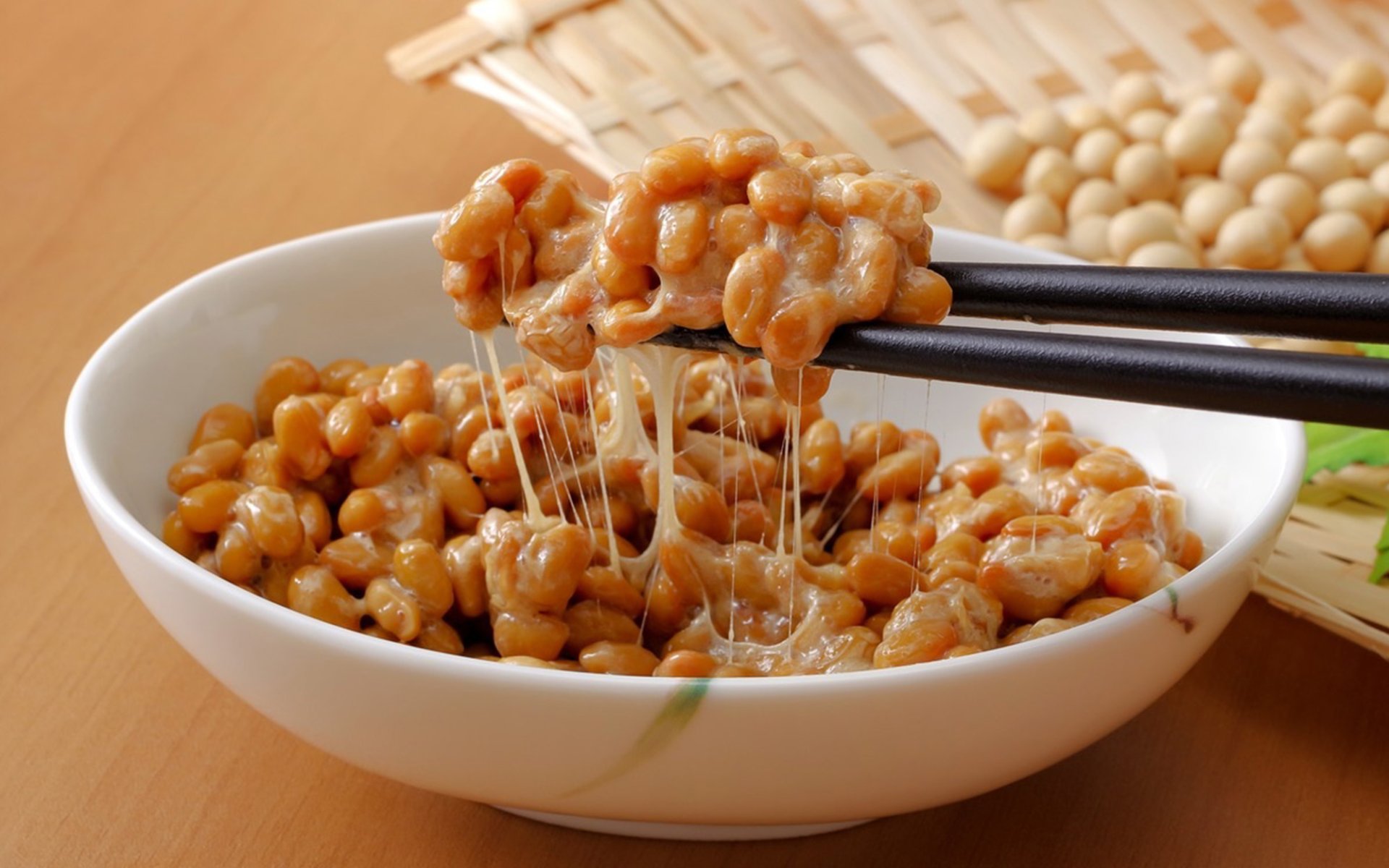Natto

Natto is a traditional Japanese food renowned for its diverse benefits, earning it the title of Superfood. Most Japanese people consume Natto regularly due to its rich nutritional value that supports various aspects of health. Today, Rimping Supermarket invites you to learn more about this healthy food, a cornerstone of the Japanese lifestyle.
What is "Natto"?
Natto consists of soybeans that are steamed or boiled until cooked, then fermented with beneficial bacteria called Bacillus subtilis. This process results in a sticky, stringy texture and a distinctive, rather strong aroma. Japanese people typically eat Natto every morning, often with rice, miso soup, or pickles, considering it a traditional breakfast that provides high energy and nutritional value.
The Origin of Natto: An Accidental Discovery Becomes a Staple
The exact history of Natto is uncertain, but it is believed to have originated over a thousand years ago during the Heian Period (794-1185 AD). According to folklore, Natto was created by accident during the soybean fermentation process. Ancient Japanese people wrapped soybeans in straw and left them for too long, causing the soybeans to become sticky, stringy, and strong-smelling. However, upon tasting it, they found it delicious. Thus, Natto was born and gained acceptance as a food.
Historically, Natto production relied on natural bacterial sources. Soybeans were wrapped in rice straw and left to ferment in a warm environment. The bacteria from the straw would thrive, and their enzymes would break down proteins, transforming the soybeans into the sticky, characteristic Natto.
Benefits and Cultural Significance of Natto
Over several centuries, during the Edo Period (1603-1868 AD), Natto evolved into a beloved staple food for the Japanese. It gained recognition as a highly nutritious food, rich in probiotics, which are beneficial bacteria offering numerous health advantages, such as:
- Aiding digestion
- Facilitating nutrient absorption in the intestines
- Strengthening bones (high in Vitamin K2)
- Improving cardiovascular health
- Boosting the immune system
- Lowering blood pressure
Natto Today: A Global Superfood
Although Natto is deeply rooted in Japanese culture, it is now an internationally recognized food. With increasing interest in healthy eating, Natto's reputation has grown as a health-benefiting Superfood, especially among those who prioritize wellness and seek excellent plant-based protein sources.


